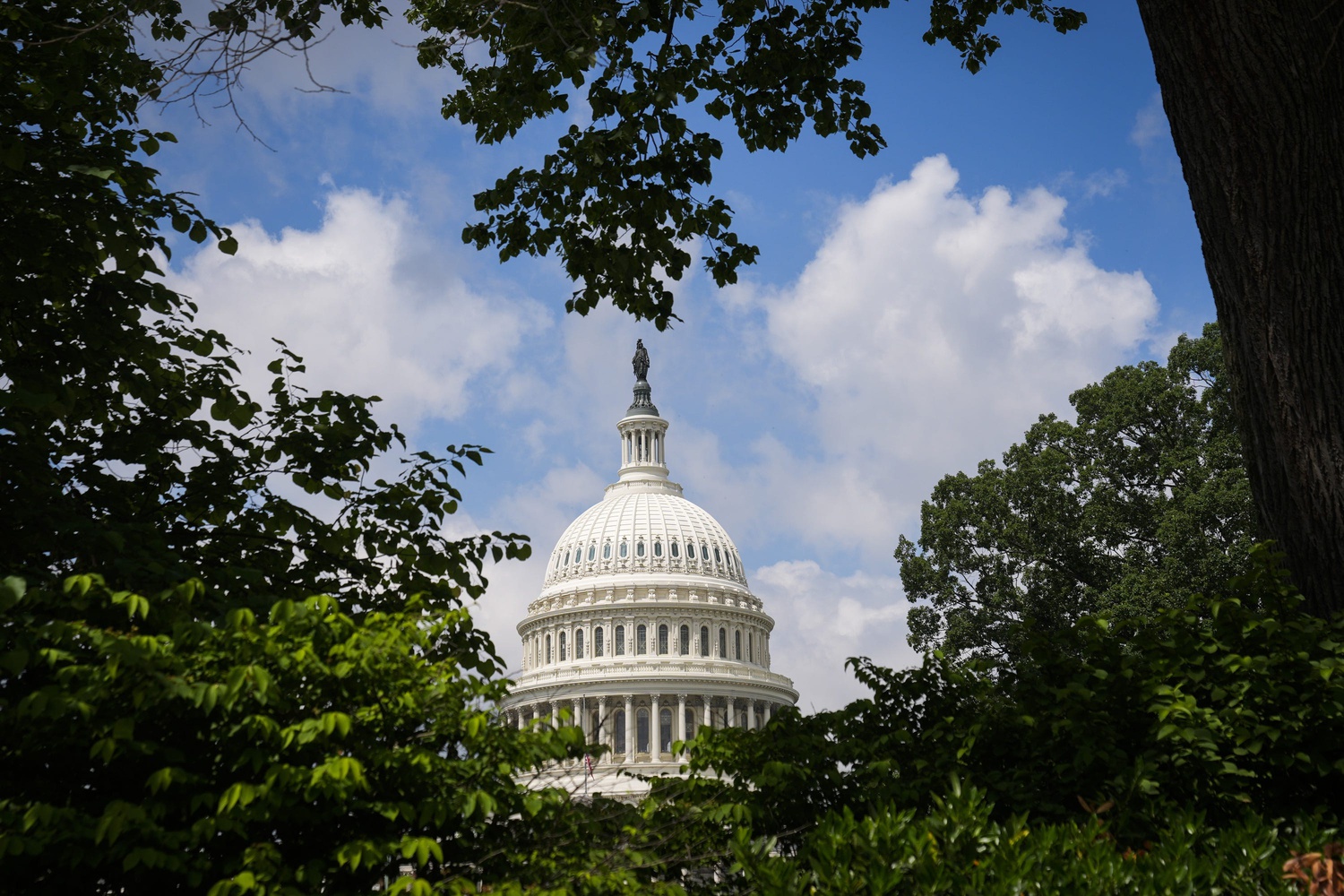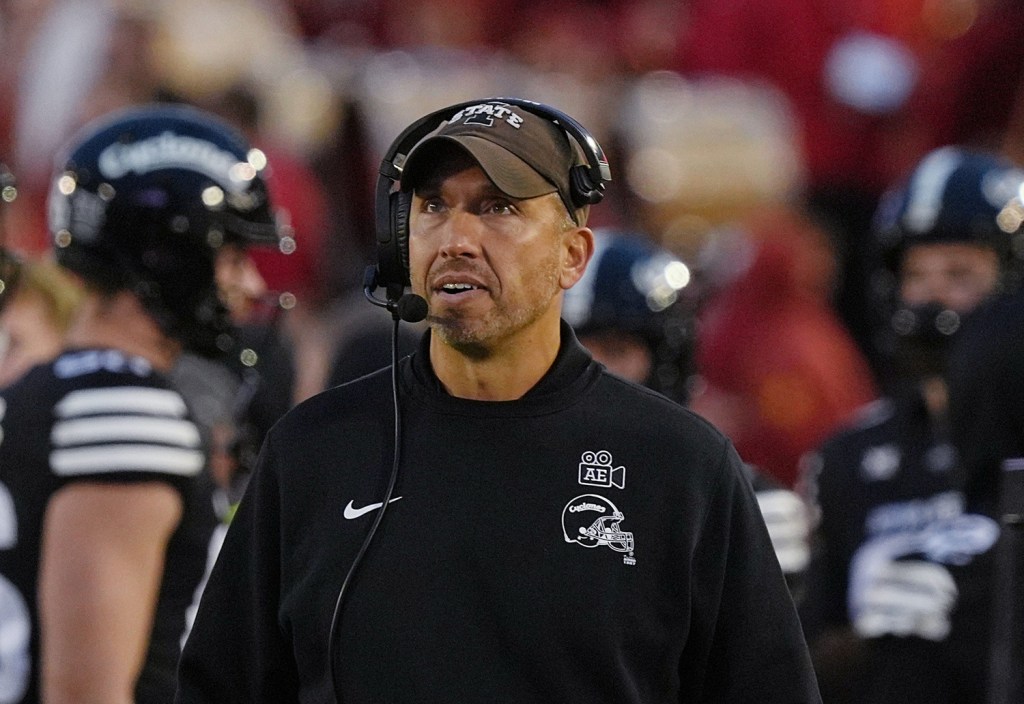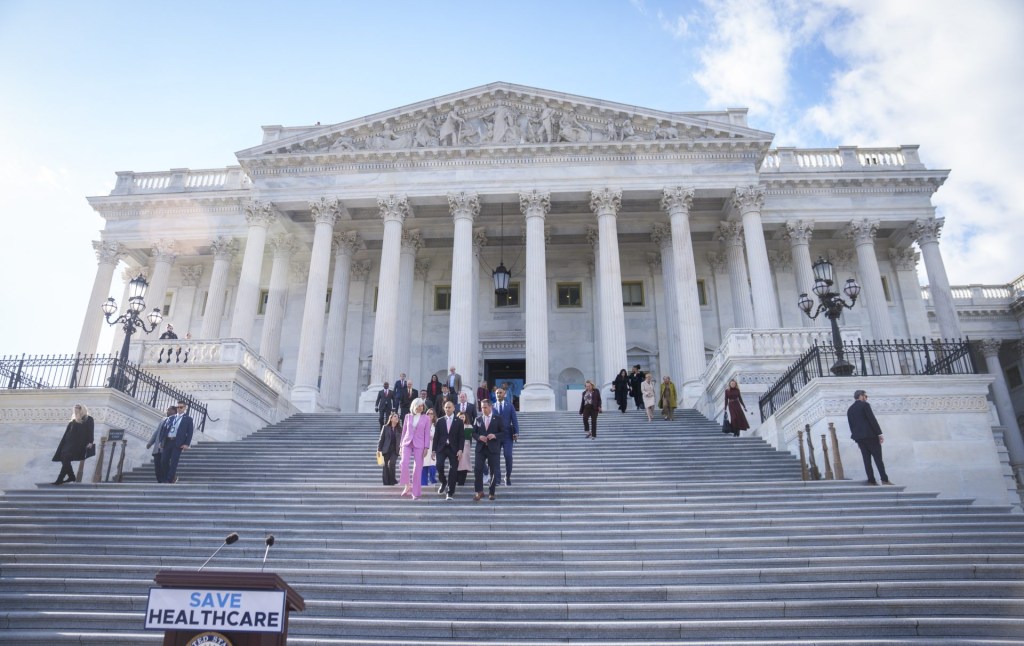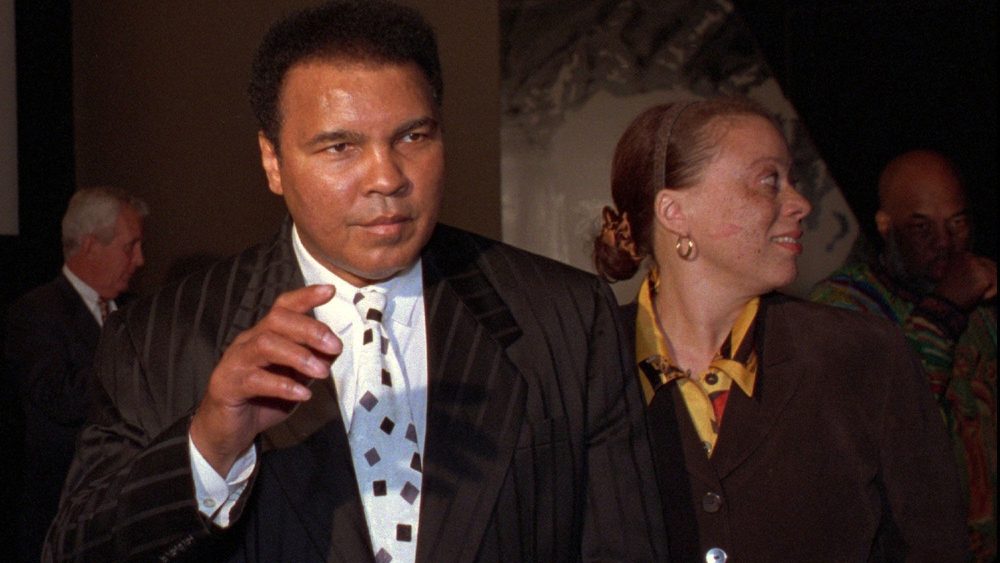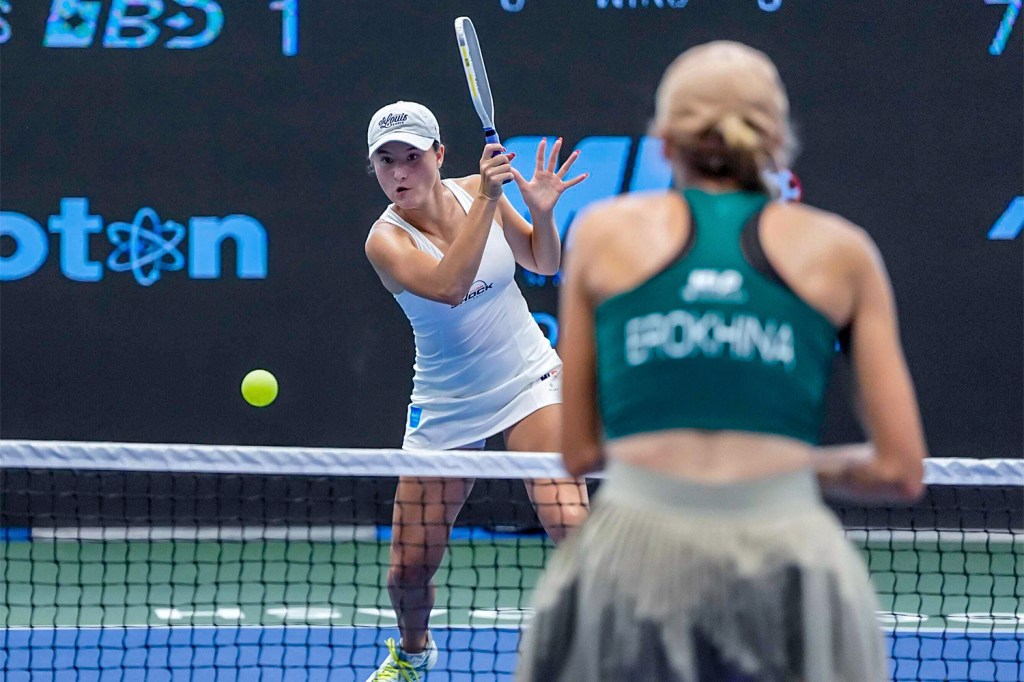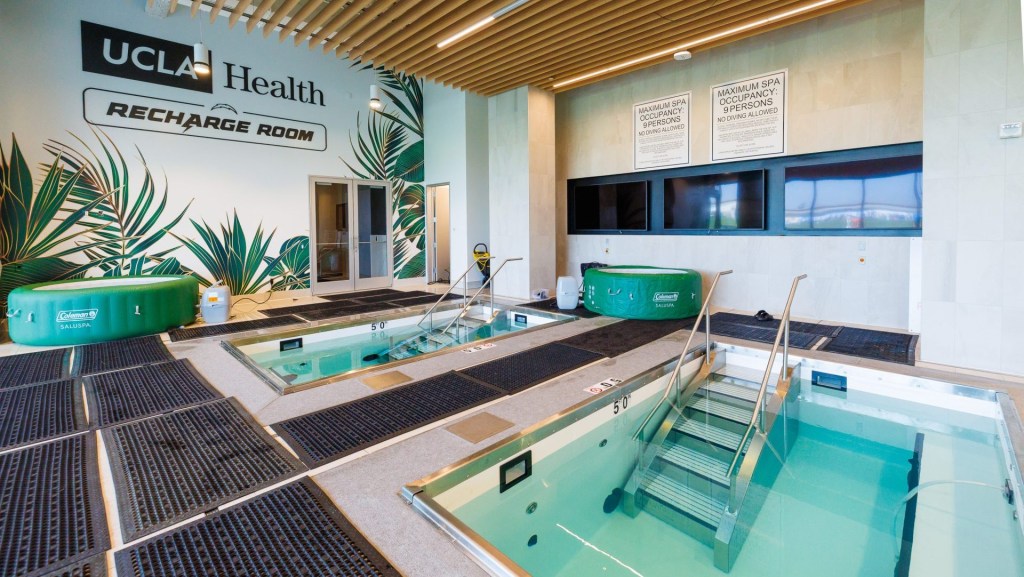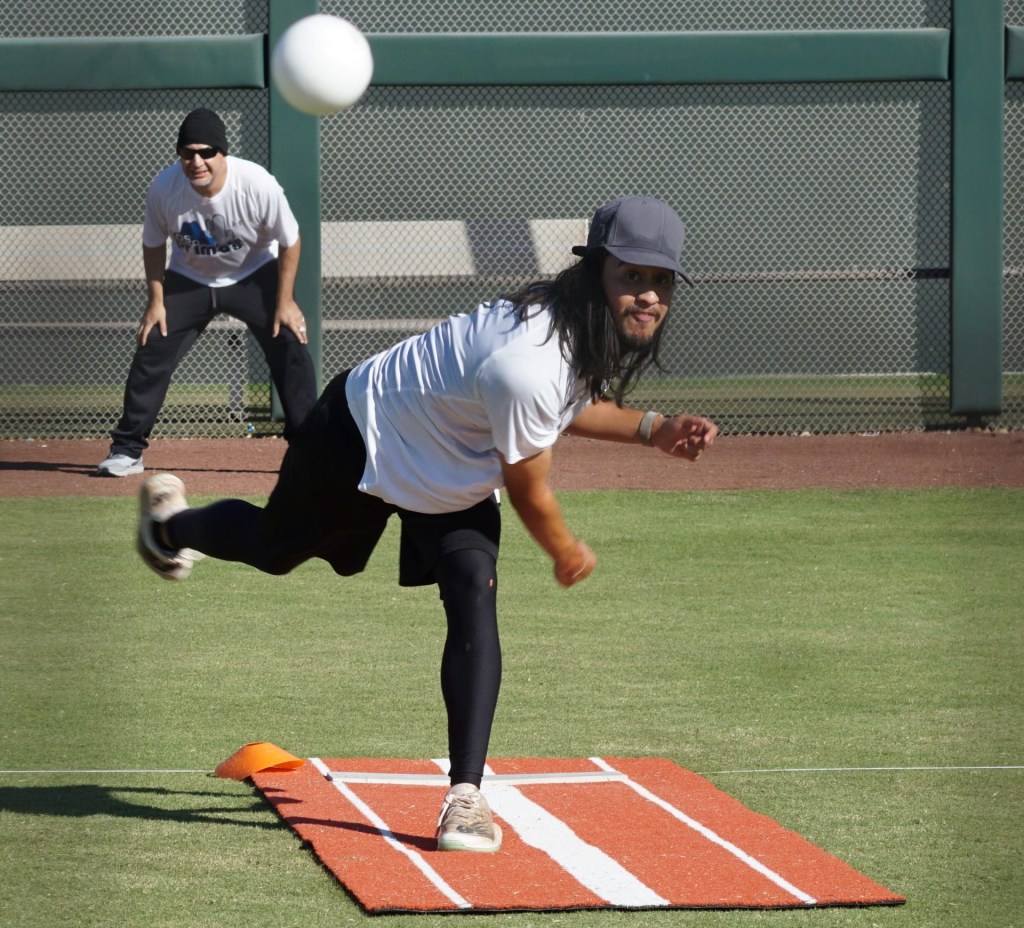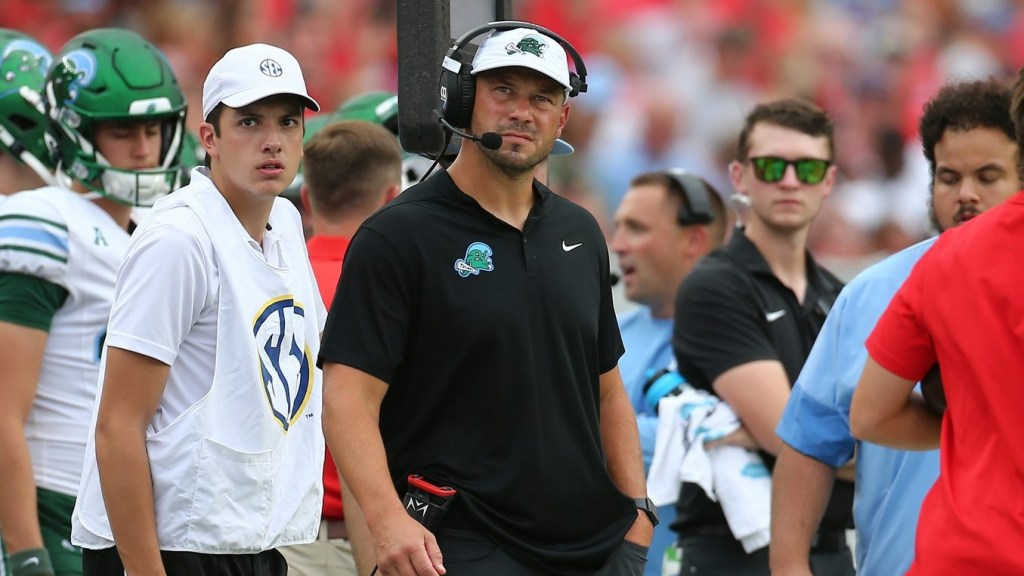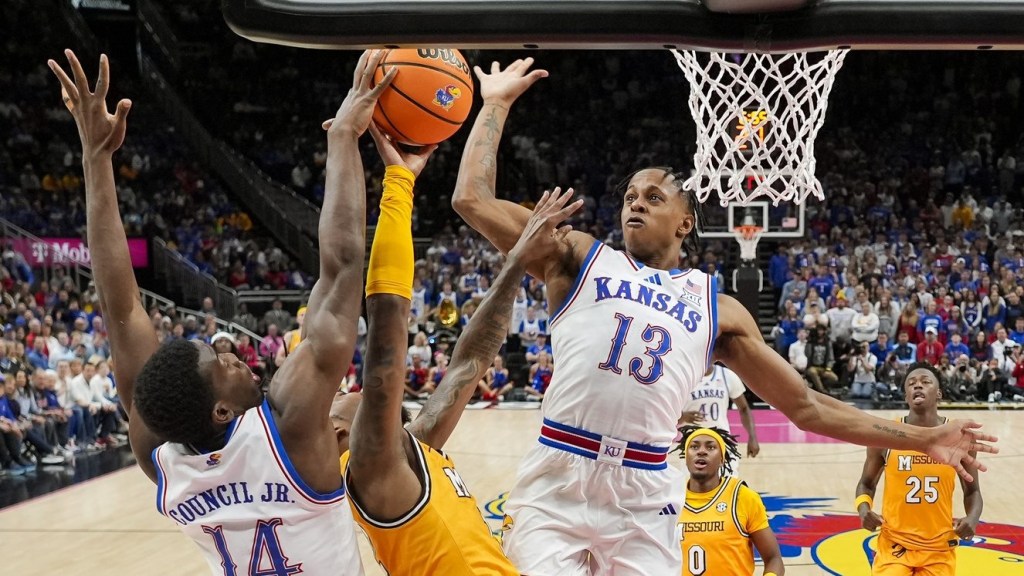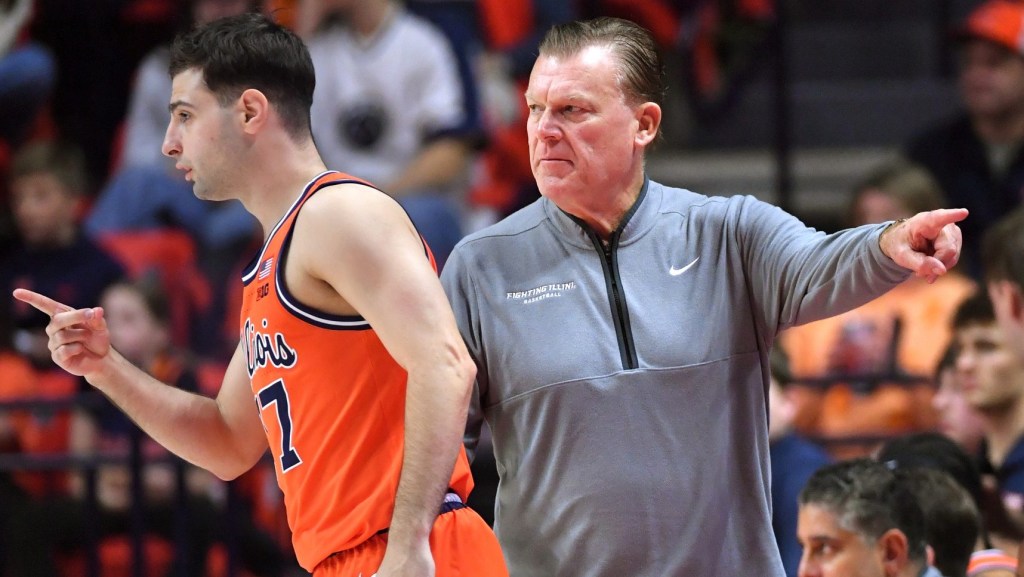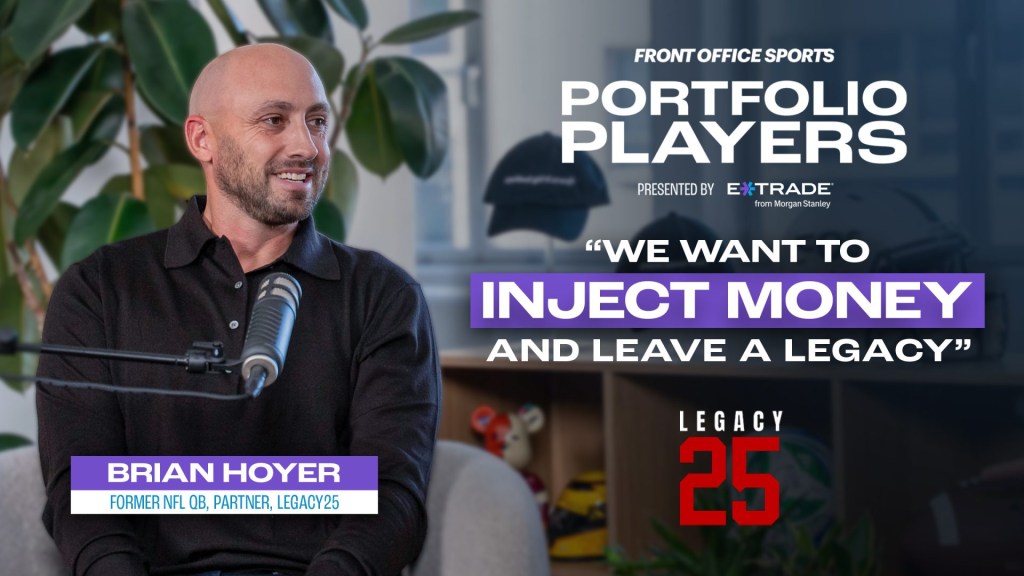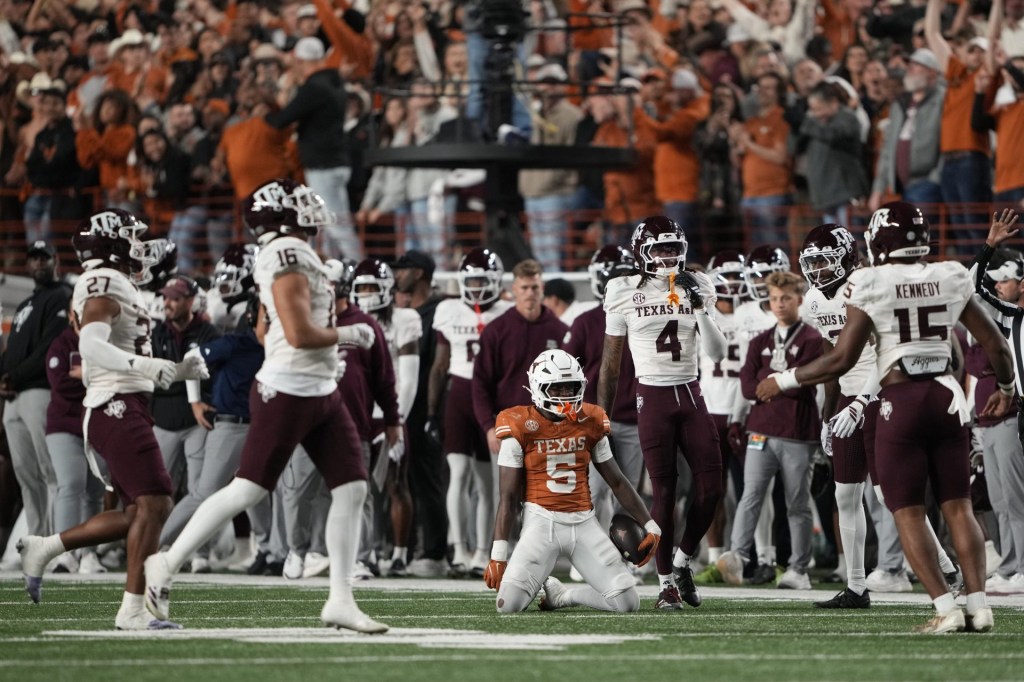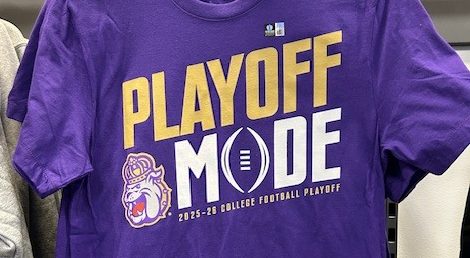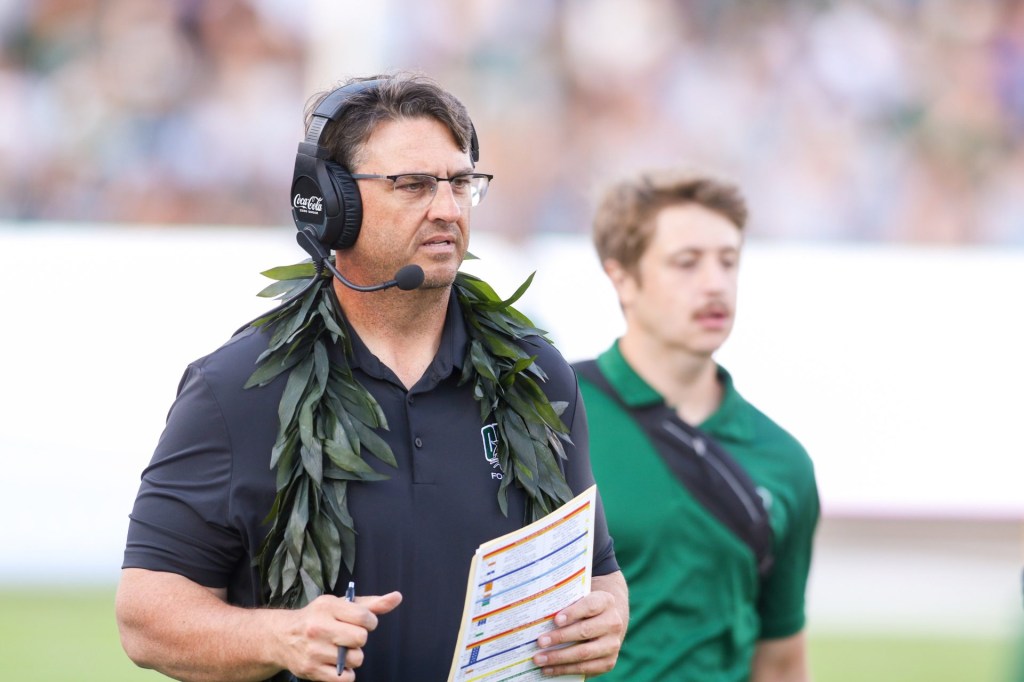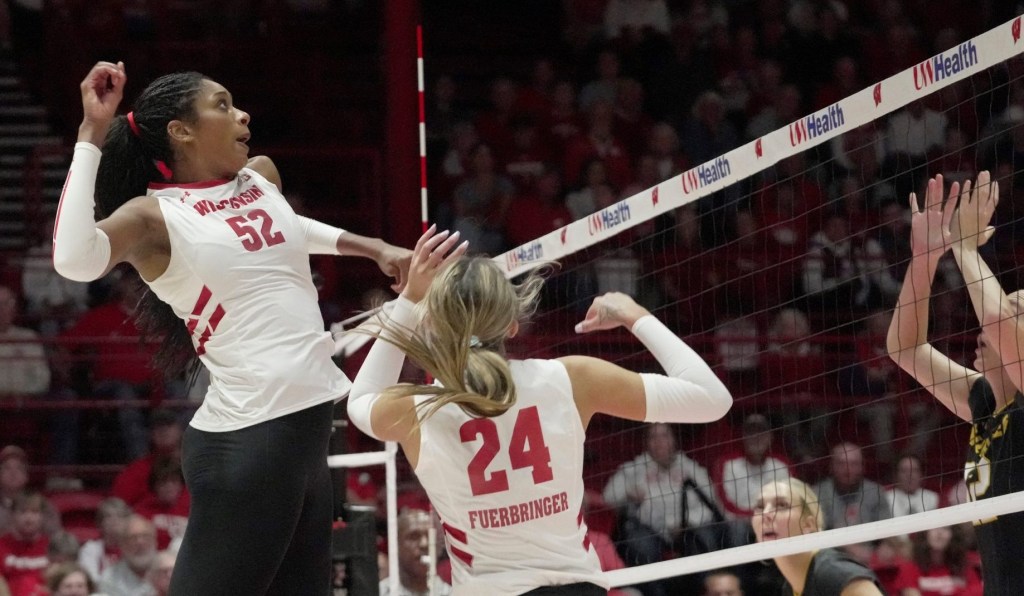On Tuesday, the SCORE Act, a college athlete compensation bill endorsed by the NCAA and power conferences, took a step toward becoming the first bill of its kind to make it to the floor of Congress for a vote. The bill passed a markup in the House Energy and Commerce subcommittee, with members voting in favor of it 12-11—right down party lines. Next, the bill will be brought to the House Energy and Commerce Committee for a full markup.
The Student Compensation and Opportunity through Rights and Endorsements (SCORE) Act, introduced last week by six House members (including two Democrats), would codify terms of the House v. NCAA settlement and hand power back to the NCAA to set athlete compensation rules—something the governing body and power conferences have been lobbying for since at least 2019. The bill has been endorsed by both the NCAA and the power conferences in separate statements.
Here are the main provisions of the SCORE Act:
- It would require any college sports governing body to allow athletes to profit off their name, image, and likeness (NIL), but would give them the power to set certain restrictions, such as letting schools prohibit players from signing deals with the competitors of their own sponsors (e.g., if a school’s football team has a Nike sponsorship, their players wouldn’t be able to have an NIL deal with Under Armour).
- The legislation would place new parameters on NIL agents.
- If a school has coaches on their payroll who earn more than $250,000 a year, they would be required to sponsor at least 16 varsity sports and receive certain medical benefits.
- The NCAA, College Sports Commission, and conferences would be protected against challenges to compensation rules, eligibility rules, and transfer rules. The bill would require, however, a minimum for the cap on revenue-sharing compensation and guarantee players can transfer at least once without penalty.
- The bill pre-empts state laws and protect the NCAA from antitrust lawsuits on these issues.
- College athletes would not be deemed employees, which could hinder the bill from gaining traction among pro-labor Democrats. (If players can’t be employees, then they can’t collectively bargain.)
In fact, several players unions voiced concerns about the terms of the bill on Monday night. The players associations for the NFL, NBA, MLS, NHL, and MLB came out against the antitrust portion of the bill specifically because, they say, it would block college athletes from negotiating for fair compensation.
“Historically, antitrust exemptions have been used to set prices, limit wages, and restrict access to opportunities provided by open markets, all while shielding abuse from legal recourse,” they wrote. “It is not hard to imagine a situation where NCAA and its members collude to restrict revenue sharing and deny student athletes fair compensation with the confidence of immunity against legal action. Indeed, they have been doing exactly that for decades!”
After debate among lawmakers in an almost two-hour markup session, the bill has made it through its first legislative hurdle.
The full House Energy and Commerce Committee will decide whether to send the bill to the House floor for a vote. The House Committee on Education and the Workforce will also hold a markup next week—though not the House Judiciary Committee, which also has jurisdiction over the bill.
Even if it does ultimately pass the House, it could die in the Senate. Despite having two Democratic co-sponsors, however, multiple Democrats oppose the bill—including Rep. Lori Trahan (D., Mass), and Sen. Maria Cantwell (D., Wash), the highest ranking Democrat on the Senate Commerce Committee.
